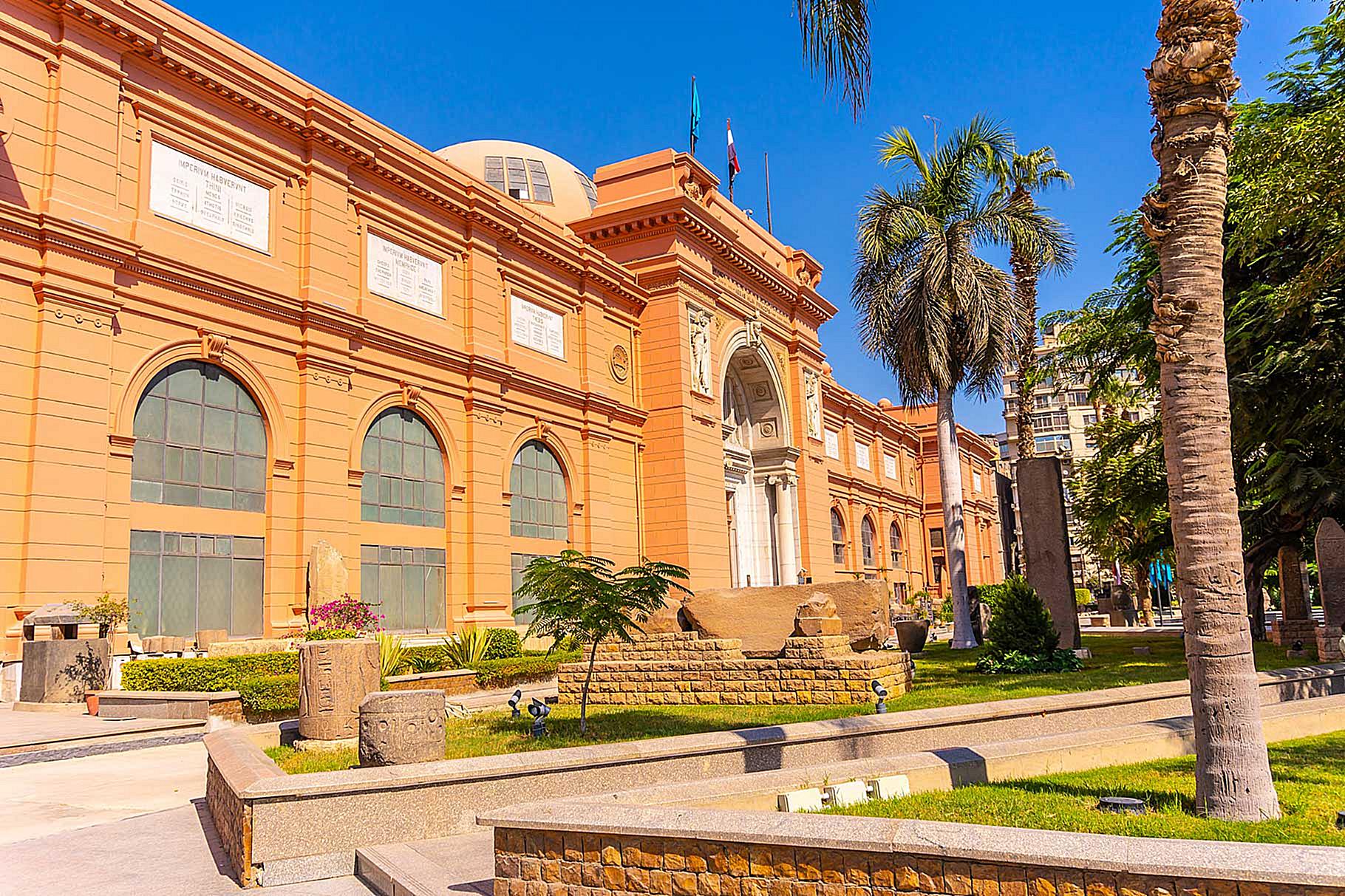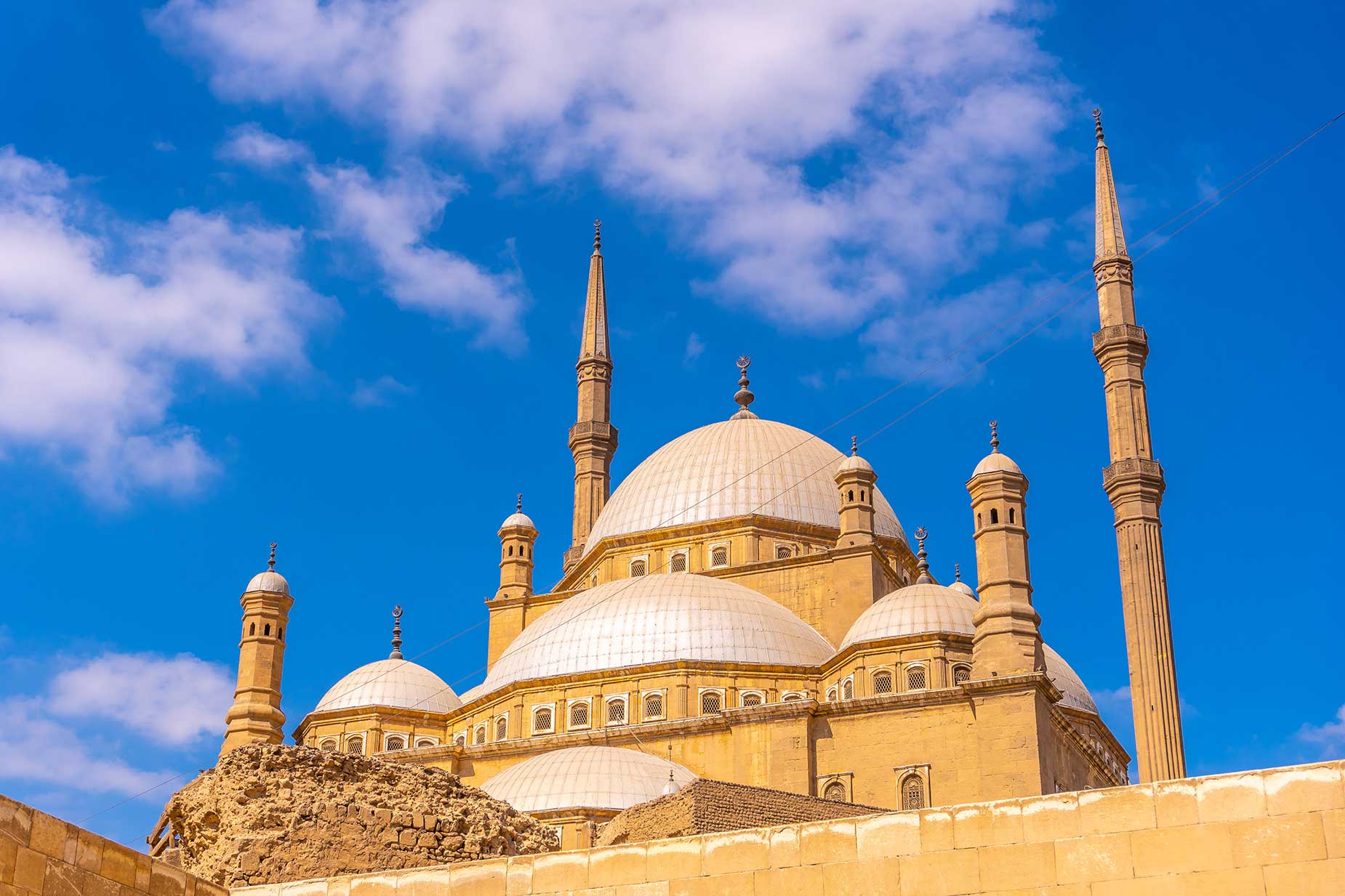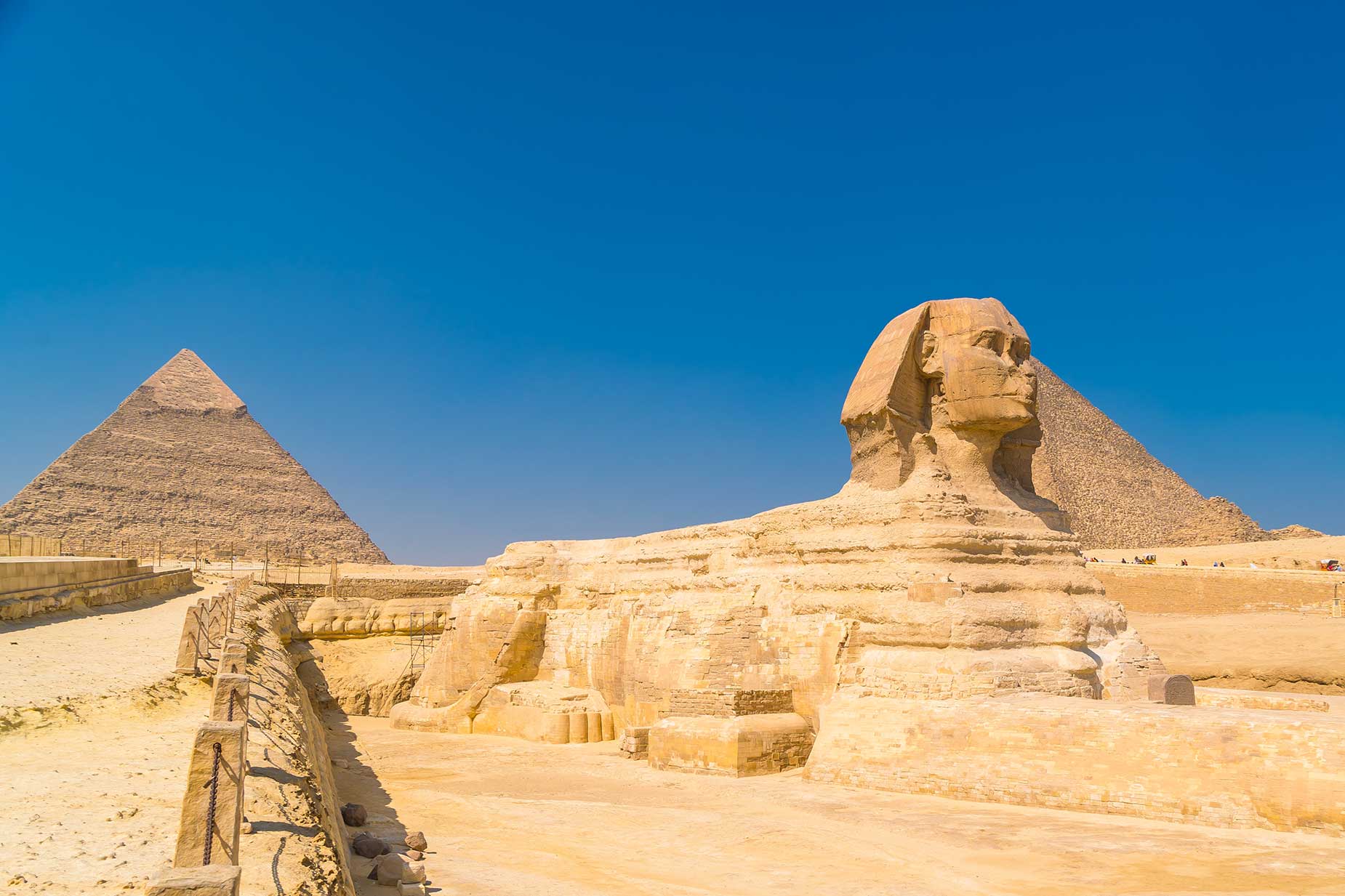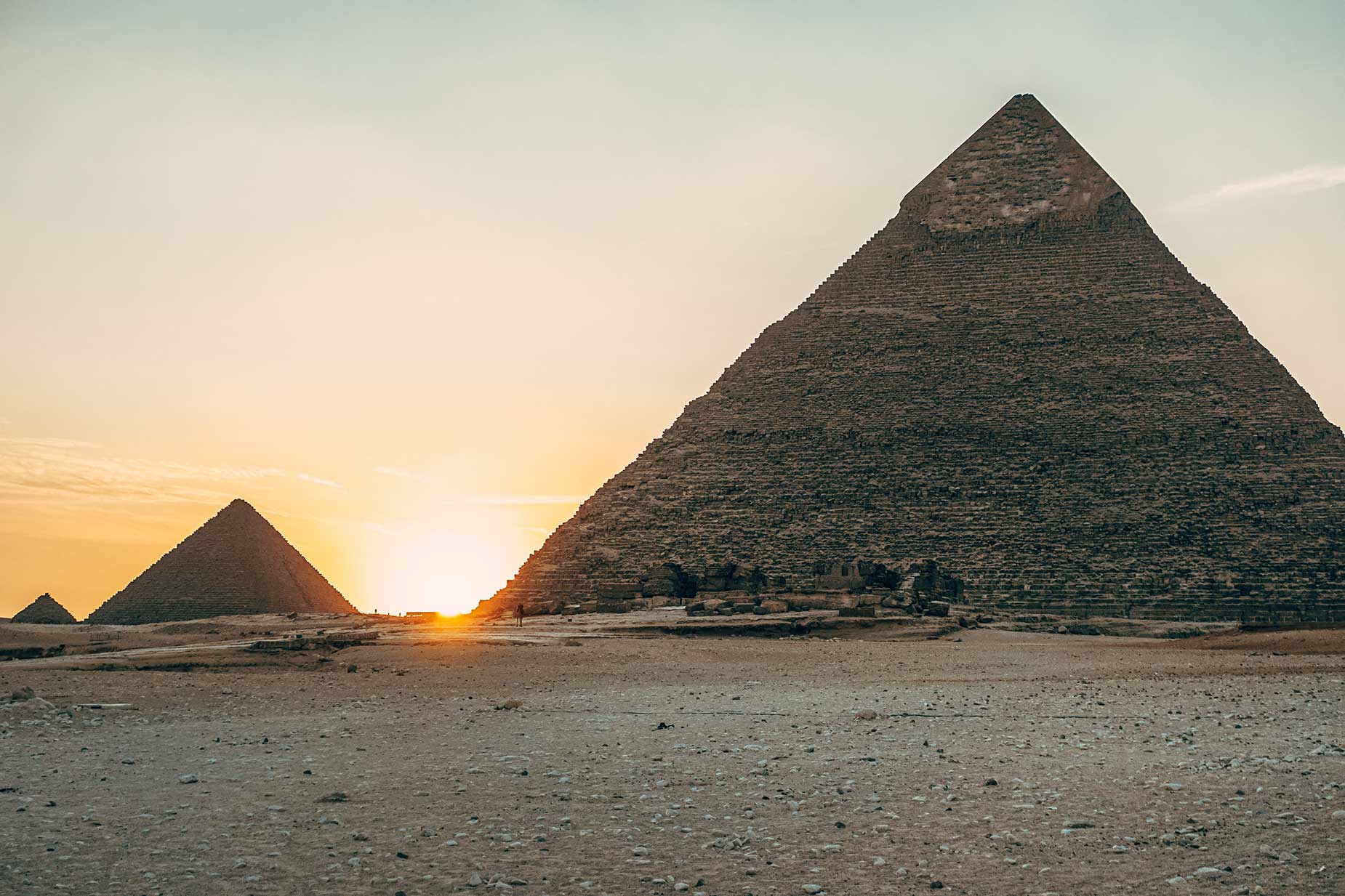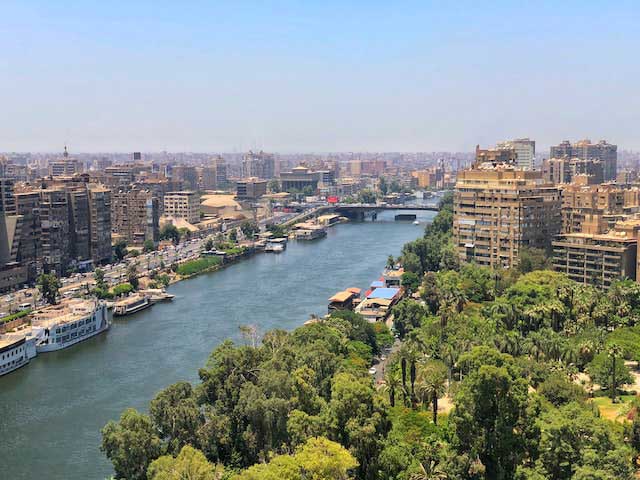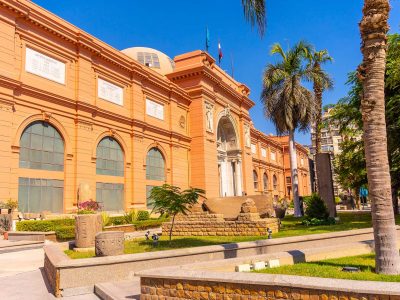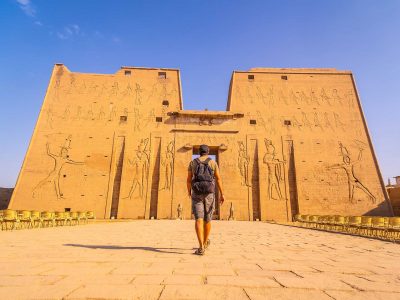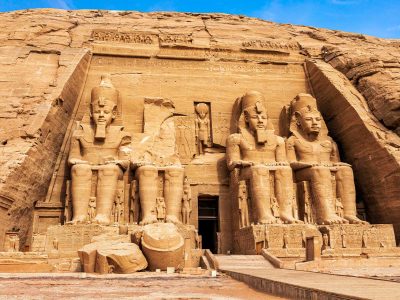Culture and history info
Cairo is located too far away from the ancient course of the Nile, it cannot support a city. Ancient Egypt's capital, Memphis, was founded by Menes of Tanis around 3100 B.C.E. after he had united Upper and Lower Egypt's kingdoms, just to the south of the modern city. Under the Ptolemaic dynasty, the capital was moved to Alexandria, then to Heliopolis.
In the early days of the Roman Empire, Babylon Fort was the first settlement on the site of modern Cairo. Located near an ancient Egyptian canal connecting the Nile and the Red Sea, Babylon-in-Egypt was built near the settlement of Babylon-in-Egypt.
A small town slowly grew around the fort, mostly made up of Coptic Christians. As a result of Arab conquest led by Amr Ibn-el-As, the fort town was taken by the Arabs in 642 CE. Their army was stationed at the location, which was rebuilt for defense. In the early Middle Ages, Al-Fustat was the permanent base of the Arab forces in Egypt during the Umayyad and Abbasid periods, and it contains Africa's first mosque.
A small city slowly grew out of the settlement. In 972 CE, the Fatimid Dynasty of North Africa conquered Egypt. The Fatimids built Al-Mansureya north of Cairo as their new capital. In honor of the rising planet Mars on the day the city was founded, the leader of their group, Al-Muez Ledin-Ellah, renamed it Al-Qahirah.
Baghdad's sack in 1258 increased its importance. For the next 250 years, it was the dominant intellectual and artistic center of the Middle East. Nonetheless, Turkic peoples and Europeans grew in power north of the Arab world.

